Shell FutureCast: Paving the Way for Sustainable Fleet Management in the Philippines
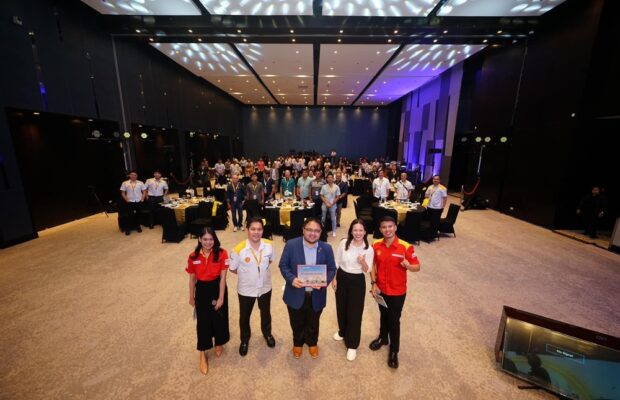
Robust industry expansion fueled by steady economic growth means new challenges for fleet operators in the Philippines, who are now facing ever-growing problems in 2024. Worsening traffic, not just in the National Capital Region but across the country, is dramatically affecting the total cost of ownership of commercial vehicle fleets. The growth of the logistics industry further complicates matters, as industry players must keep their prices competitive. More than ever, a thoughtful and deliberate approach is essential to operating a viable and sustainable fleet.

Recognizing the current realities of the transport industry, Shell Pilipinas Corporation organized Shell FutureCast: Transport of Tomorrow, an exclusive event designed to empower fleet operators in the Philippines with the insights and tools they need to optimize their operations. Chris Alli, Head of Shell Fleet Solutions and Commercial Road Transport (CRT), emphasized the importance of this event, stating, “Today’s event holds significant importance as we gather to explore and discuss the future of transportation. The theme, ‘FutureCast: Transport of Tomorrow,’ is particularly relevant as our industry is on the brink of revolutionary changes driven by innovation and sustainability.”


In addition to the day-to-day issues of traffic, vehicle maintenance, and finding and retaining good and reliable drivers, fleet operators now face the added factor of global climate change and the necessity of energy transition. “As a result of global climate change, a lot of companies are starting to decarbonize. The path towards decarbonization is going to be long, but it’s going to be felt,” predicted Jonas Marie Dumdum of the Nomura Research Institute. This underscores the need for fleet operators to adopt sustainable practices to ensure long-term viability.
Innovative Projects and Practical Solutions
Shell is always looking for ways to improve the situation for the entire global transport sector. One of Shell’s ongoing efforts, Project Starship, was shared by Akankasha Sharma, Shell Lubricants CRT Sector Associate Manager. Project Starship is an ongoing experiment that utilizes only readily available technology and know-how to build and design better trucks. Now in its third iteration, in cross-country drives in the United States, Starship 3.0 registered 2.54 times better freight ton efficiency (FTE) than the US average, hauling the maximum allowable load of 80,000 pounds.

Sharing data gathered from long-haul truckers in the United States, Sharma pointed out that measurable savings could be achieved simply by doing ordinary “things that any fleet operator can do” such as switching to fully synthetic transmission oil and high-performance engine oil with low viscosity. “The lower the oil viscosity becomes, the higher the benefit to fuel economy,” she shared. These changes can have a considerable impact on the total cost of ownership and contribute to a lower carbon footprint.
High-quality engine oil is crucial for optimizing fleet performance. Shell Rimula, a range of heavy-duty engine oils formulated with advanced technology, plays a vital role in keeping fleets running smoothly. Shell Philippines offers a wide range of Shell Rimula products that can cater to the local demand and requirements of the fleet profile in the Philippines. By adopting these practical solutions, fleet operators can enhance their efficiency and sustainability.
Advanced Tools and Telematics for Fleet Optimization
Through Shell Fleet Card, businesses have access not only to premium fuels and lubricants but also to a comprehensive suite of tools and resources to help them achieve significant cost reduction by lessening the time involved in fuel management. Shell Fleet Card provides businesses with tools that help identify opportunities to improve efficiencies, ultimately adding value to every part of their operations and enabling fleet owners to spend more time growing their businesses.
Shell Fleet Solutions Philippines recently launched a partnership with Cartrack, a global leader in telematics. This collaboration aims to provide Shell Fleet Card customers with comprehensive vehicle and fuel analytics to enhance operational efficiencies. By integrating Shell Fleet Card and Cartrack telematics data, business owners gain unprecedented insights to identify opportunities for optimizing fuel usage and increasing efficiency in fuel/fleet management. Cartrack gathers comprehensive real-time data, including route optimization and driver behavior, ultimately helping business owners achieve operational efficiency.
Moreover, Shell Fleet Card customers can also compensate for their fleets’ unavoidable carbon emissions through Shell’s voluntary carbon offset offer, the first of its kind in the country. The emissions are compensated by carbon credits, which are equivalent to the volume of emissions from customers’ fleets and purchased by Shell for the customers from a global portfolio of approved projects. Shell will issue a yearly retirement certification confirming that the fuel’s emissions have been compensated. Charges are applied seamlessly to the customers’ accounts, and they can continue to use their Shell Card to refuel.
“The future of transport is not just a concept—it is a dynamic and ongoing journey that requires our continuous effort, innovation, and commitment. Let us take the insights and inspirations from today and apply them to our daily endeavors, driving positive change and making a tangible impact on the world,” concluded Jackie Famorca, Shell Pilipinas Vice President for Lubricants. To find out more about making your fleet operations both viable and sustainable, visit Shell Philippines.




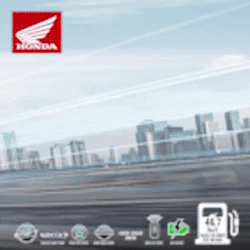

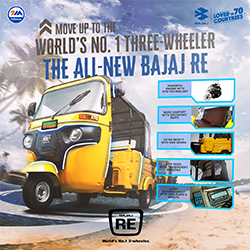
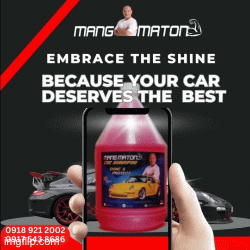
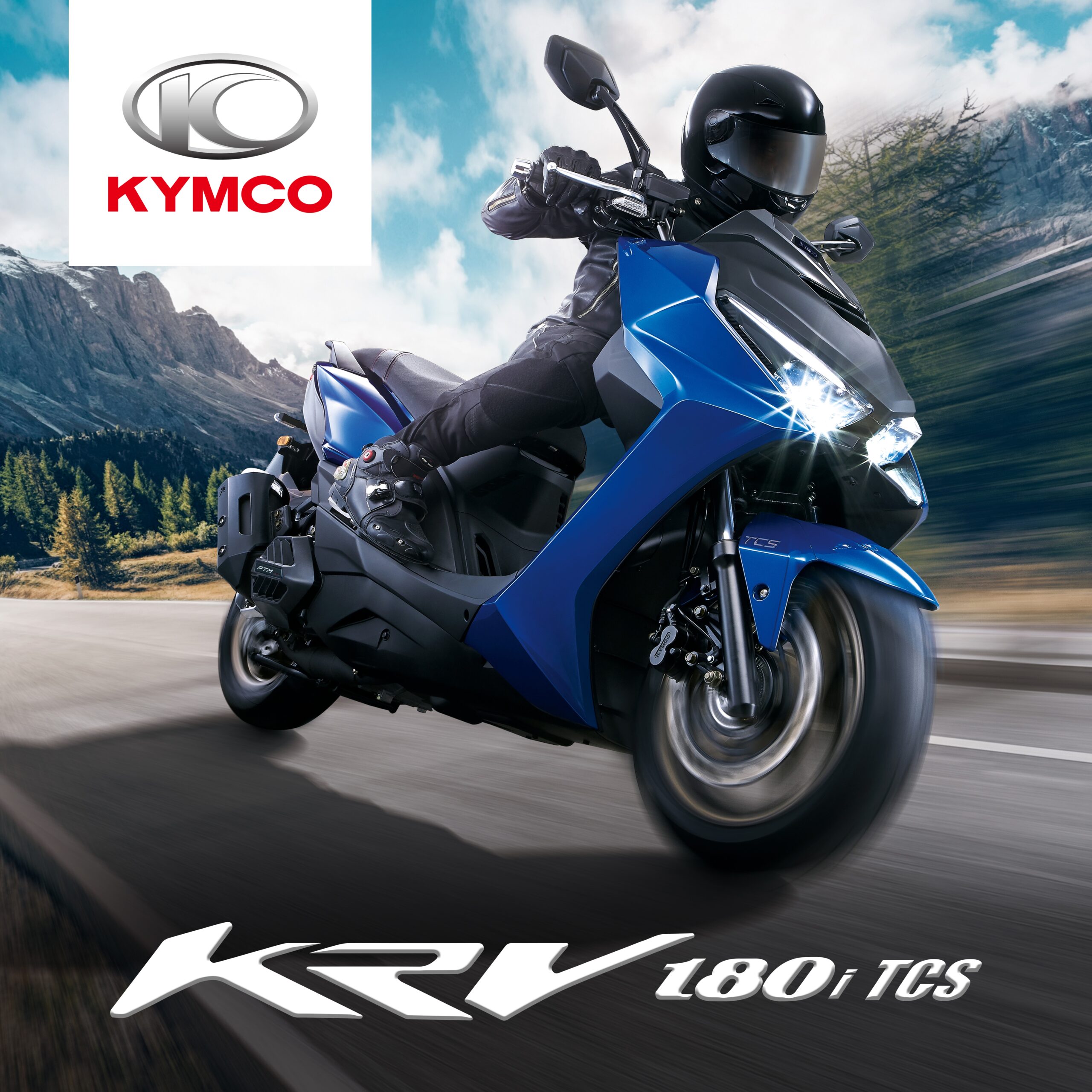













0 comments